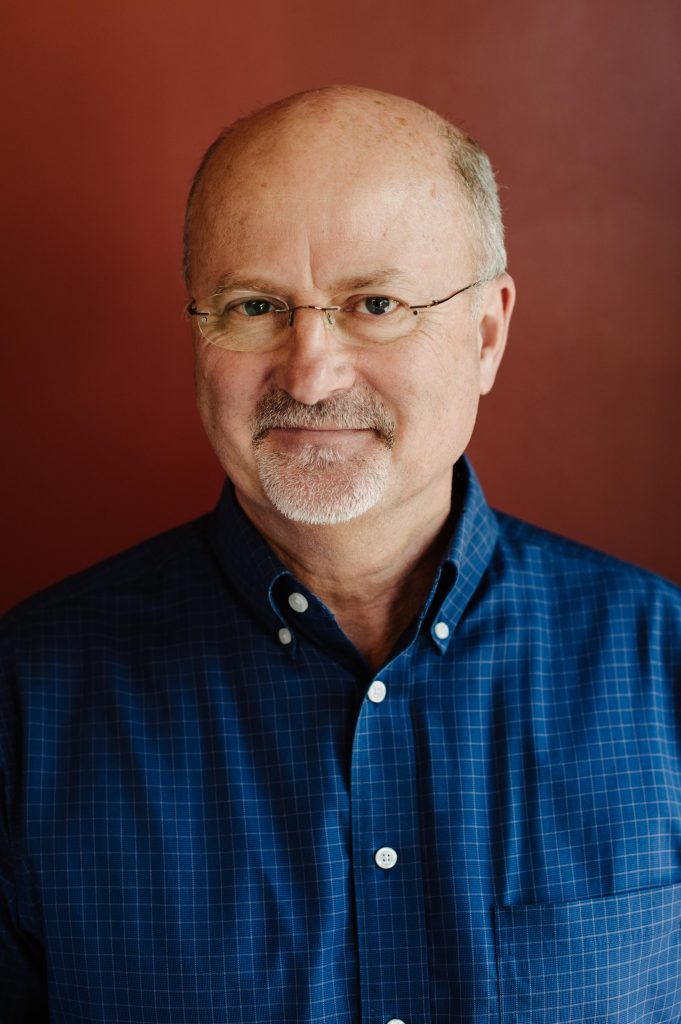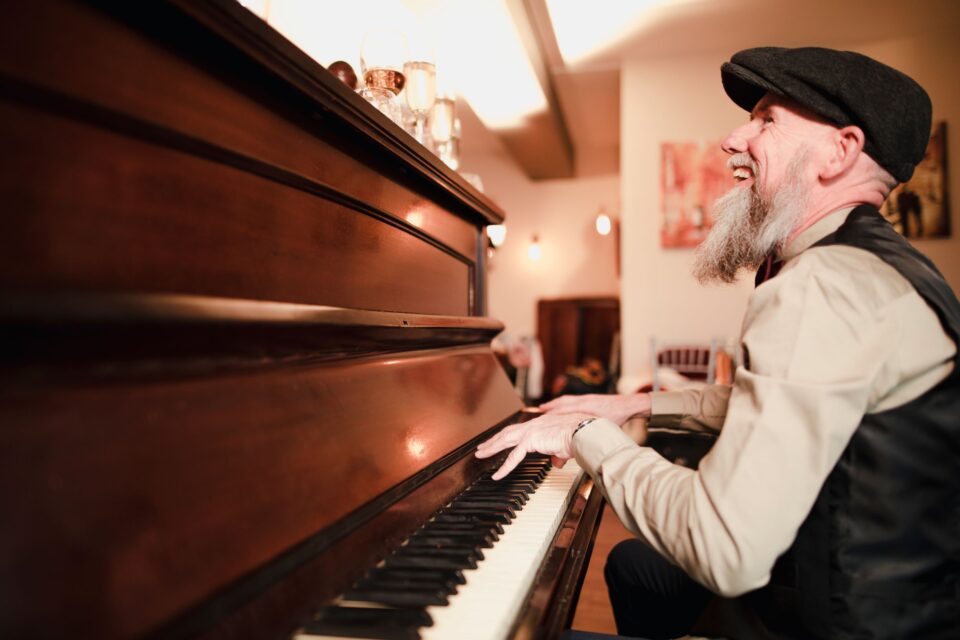September 20, 2019
While NolaBoomers.com is under construction, our articles can be found here on our sister site, Nola Family.
“Music can be the key to a rich, interesting, and peaceful life around the house.”
The old adage “it’s never too late” is true for a lot of things, but what about the old myth that you can’t teach an old dog new tricks?
It certainly sounds like it’s too late for that dog. Popular wisdom says that the older a person gets, the harder it is to learn abstract concepts like another language or music. The pliable minds of children are just natural learning sponges, right?
What about adults learning music? Lance Lafargue, owner of Lafargue Pianos in Metairie, shares his reasons why learning to play the piano is good for adults.
“We’ve been through Katrina and seen an awful lot,” Lafargue says, who is also a veteran in piano maintenance and restoration. “I did over 200 estimates for damaged pianos around southeast Louisiana. I quickly learned how important music was to people. What an impact it had on people’s lives. Music can be the key to a rich, interesting, and peaceful life around the house.”
🎹 Knowing When You Got It Good
Usually it’s the parents that sign their kids up for piano lessons, but are you really going to fully enjoy, participate, or even appreciate learning something new when someone else has made that decision for you? Parents end up with a sulking child sitting at the piano like an angry toddler. It’s a chore to them. But adults can better appreciate the value of piano lessons.
🎹 Mental State

Playing the piano will keep your mind healthy. As people get older, the chances of developing diseases like Alzheimer’s increases, but having a regular pastime, even a relatively new skill like learning the piano, can be therapeutic.
“The science backs us up. Piano is by far the best musical instrument to stimulate the brain,” Lafargue says. “It’s great for getting your brain working in areas that nothing else will. Alzheimer patients that are despondent suddenly come alive when music is played. They are learning more and more about the benefits and why.”
Playing the piano can also help you recover from a traumatic experience.
“One military veteran told us that she had PTSD and had been through years of counseling, drugs, and therapy, but to her amazement, the only thing she could attribute to her finally sleeping through the night was starting piano classes,” Lafargue says about a recent client.
🎹 An Older Brain is Still a Brain
Unless you aspire to be a piano virtuoso, which you’d probably have to start training at an early age anyway, you don’t have to worry about your brains turning to mush throughout adulthood. In fact, listening and learning to play music is good for the brain. A 2015 Stanford study showed that music engages areas of the brain that are involved with paying attention, making predictions, and updating events in our memory.
🎹 Plays Well With Others
Having trouble with a co-worker? A recent Harris Poll concluded that 7 in 10 Americans say that the habits formed from learning music has equip them to be better team players in their careers. The same poll also said that 66 percent of Americans believe that music education prepares someone to manage the tasks of their job more successfully.
🎹 Cardio for Your Joints
Even if you can’t handle a full cardio workout, your fingers just might. Playing the piano is low impact exercise for joints. Any kind of movement is beneficial and one of the most proven benefits to learning to play the piano is the positive effects it has on hand strength and dexterity of the fingers. The movements involved with playing the piano keeps the muscles developed and decreases the weakening of the small bones in your hands.
🎹 Say What?
Learning to play the piano can increase neural pathways that lead to the speech and language centers of the brain, helping you become better at incorporating language patterns into words. They also seem to have an easier time discerning words over noisy areas leading to better hearing in the future.
🎹 Getting a Backbone
One of the first key points taught to the beginner piano player is how to sit with proper posture. Keeping the spine straight and shoulders back, good posture is beneficial to health, preventing neck pain, damage to the nerves of the lower back, and general spinal health.
🎹 It’s Fun
Children often see learning music as a chore, but adults really see the value and can enjoy the process as well as the result. Plus, it’s really cool to sit down in front of friends and impress them with your skills.
“Music is fun. This is one of those bucket-list, no-reason-not-to-it kind of things,” Lafargue says. “Music touches something deep down inside of each of us like nothing else will. Many adults think they can’t learn, don’t have the ability, or need special talent. We are here and preach every single day — you can play — and it’s a wonderful, fun thing to spend time doing.”
🎹 Honesty
And finally, just admit it, you’ve always wanted to be able to play.

